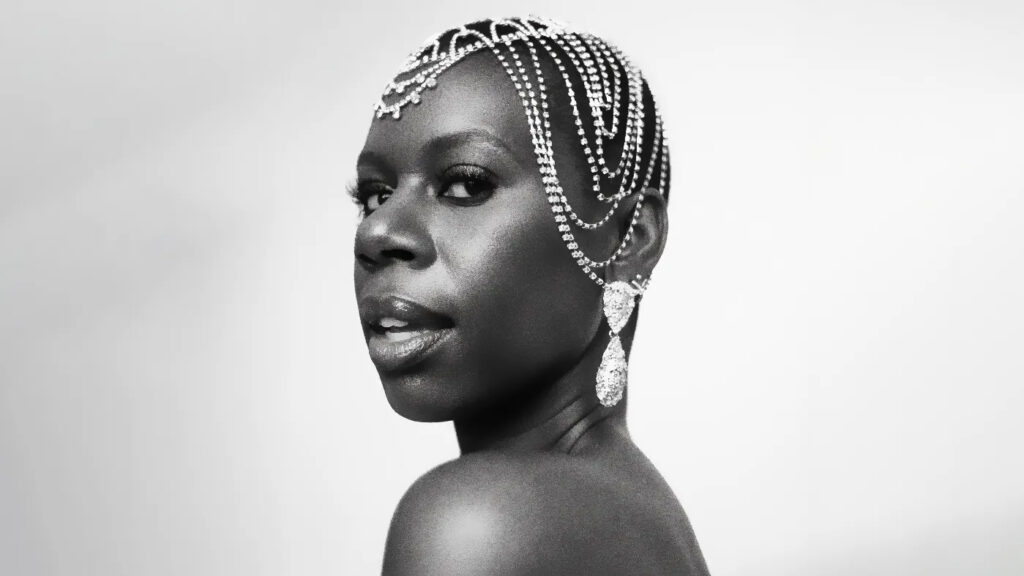Home » Breast Cancer Survivor Series: Tashira
Breast Cancer Survivor Series: Tashira
Every Tuesday in October, we’ll be highlighting the story of a survivor for Breast Cancer Awareness Month. This week we talked to Tashira, who shared her experience of taking a wholistic approach to her treatment.

What was your knowledge or understanding of breast cancer growing up and as an adult?
Growing up I had very limited knowledge of breast cancer. That changed when I was 19 years old, and my grandmother was diagnosed with breast cancer. I saw it take a toll on her, she thought it was the end. I learned for the first time that not all cancer patients have to be treated with chemotherapy.
Did you know anyone with breast cancer prior to being diagnosed?
Yes, I know several people who have been diagnosed with breast cancer. As a matter of fact, beside from my grandmother’s diagnoses, my mother was battling cancer at the same time that I was. As I was going through the last phases of my treatment, my step-mother was diagnosed with breast cancer, which metastasized and took her life. Unfortunately, breast cancer has been all around me, and has shaped and rocked my world in a multitude of ways.
As a black woman, my situation is not unique, as we face both disproportionate exposure to breast cancer, carcinogens, and have the highest risk of serious impact from the disease.
Did you do breast exams prior to your diagnosis? How has your knowledge of self exams evolved through your journey?
Yes, I did breast exams prior to my diagnosis. In fact, that is how I found the lump in my right breast that led to my diagnosis. Since then, I have been more diligent about conducting self-exams.
How did your diagnosis change you, the way you feel about yourself and your body?
My diagnosis honestly made me feel more free. It forced me to love my body, despite what most people would view as flaws. It has actually made me more unapologetic about showing my scars than ever before.
Did you choose to have a breast reconstruction? Why or why not?
My treatment included a lumpectomy. So, no reconstruction was necessary.
What’s something you wish you knew about breast cancer before your diagnosis?
I wish I knew that there were different types of breast cancer before my diagnosis. For instance, my estrogen-driven cancer requires me to take an estrogen blocker for at least five years. This means that at only 36, I was thrown into menopause — without any real understanding of its side effects.
Did you feel supported by your family, friends, the healthcare system etc? Where did you seek or find additional support?
I recognize that I am extremely privileged, because I felt supported by my entire community including my healthcare system. My mother, who was going through the same ailment helped guide me through my personal breast cancer journey.
It was also important for me to treat my cancer holistically, so I developed a team of healers outside of western medicine. My therapist, nutritionist, acupuncturist, and sister circle — all played a vital role in my healing.
Any myths or misconceptions you’d like to dispel about breast cancer?
I’d like to dispel the myth that everyone’s treatment looks the same. Someone recently asked me if I had nipples, and I realized that underneath the question was an assumption that ALL breast cancer is treated by mastectomy. No two bodies are the same and our treatment plans can be just as unique.
What would you like the lingerie/intimates industry to provide to better support survivors and people undergoing treatment?
I would like the lingerie and intimates industry to realize that not all bodies are the same and that those like “ours” deserve flattering intimate wear as well.
The industry could incorporate bras that are made for women post-mastectomy, who choose not to have traditional reconstruction, and bras that are made with unique cup sizes in mind.
Any advice for women who have just been diagnosed with breast cancer?
My advice for women who have just been diagnosed with breast cancer. take charge. Too often western medicine ignores women’s concerns about their bodies and their preferred treatment. You have the right to determine what happens with your body and no one else.

You reawlly make it seem so easy with your presentation buut I find this matter to be really something that I think I would never understand.
It seems too complicated and extremely broad for me. I’m looking forward for your next post, I’ll try to get the hang oof it!
Have a look at mmy webpage: Casinovavada.Blogspot.Com
Hi there, it can be tough to figure out bra sizing and shape. A lot of the information makes sense in context and with comparison. To talk to bra expert, book a virtual fitting here: https://understance.com/virtual-fittings?region=ca